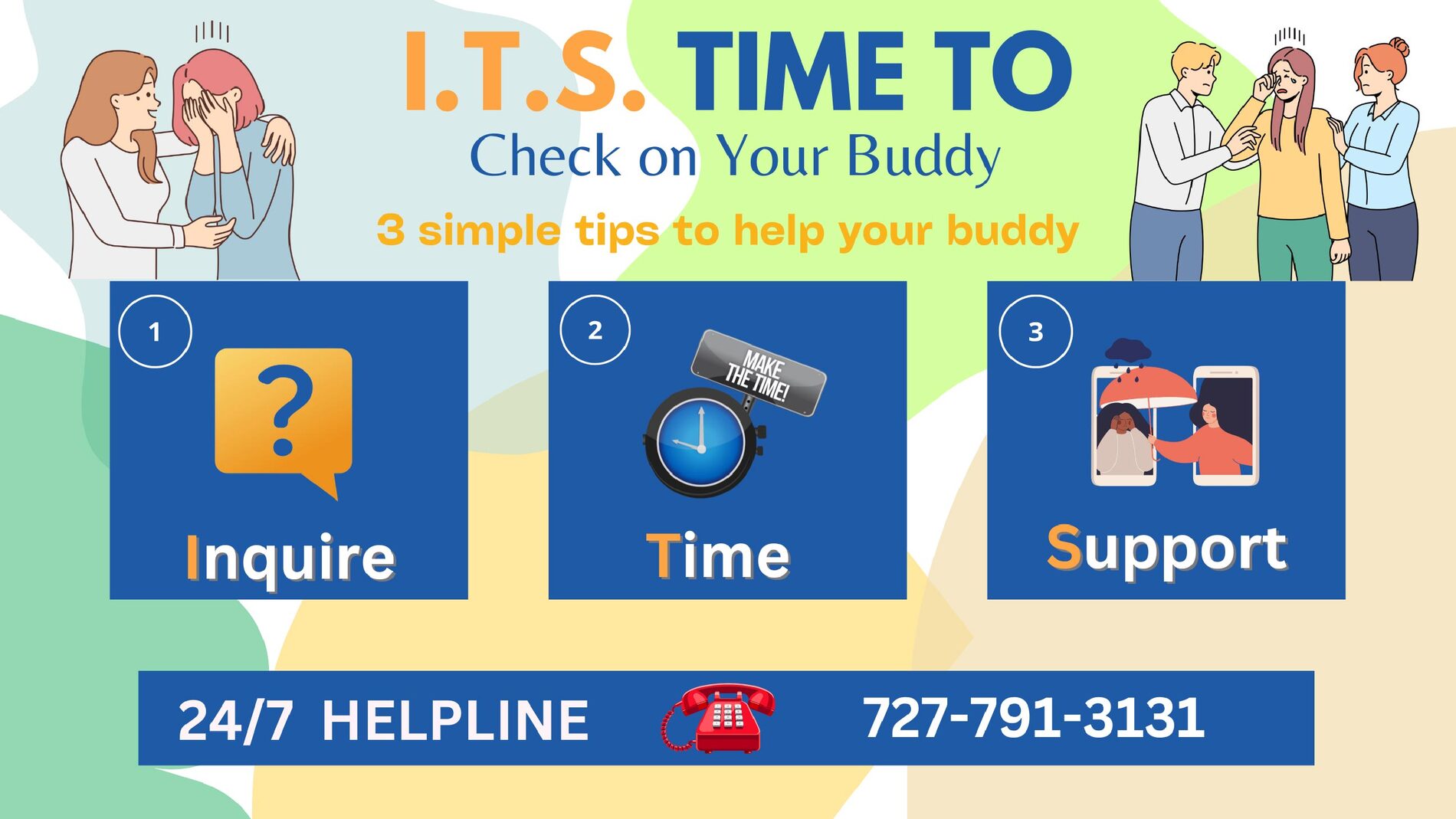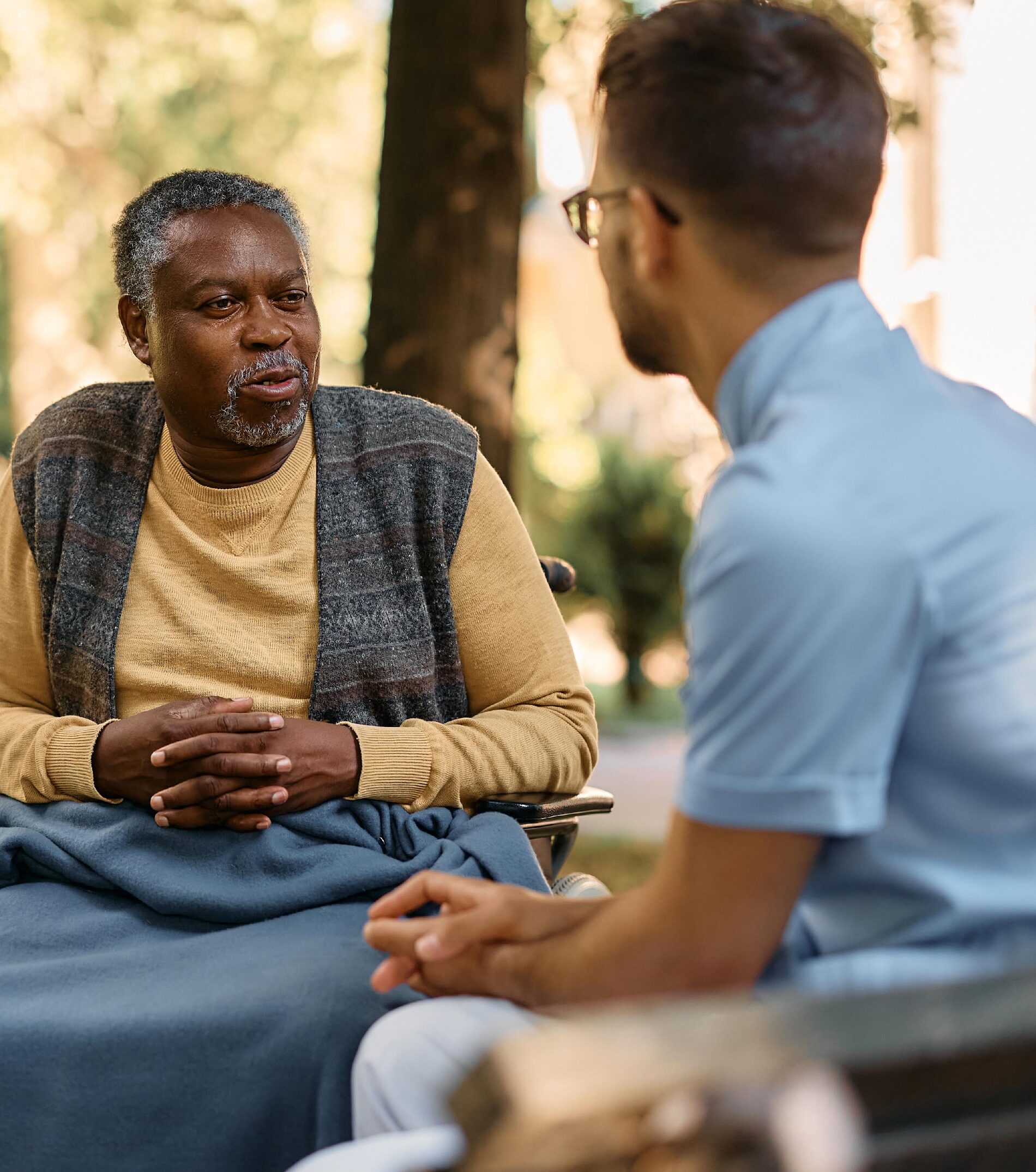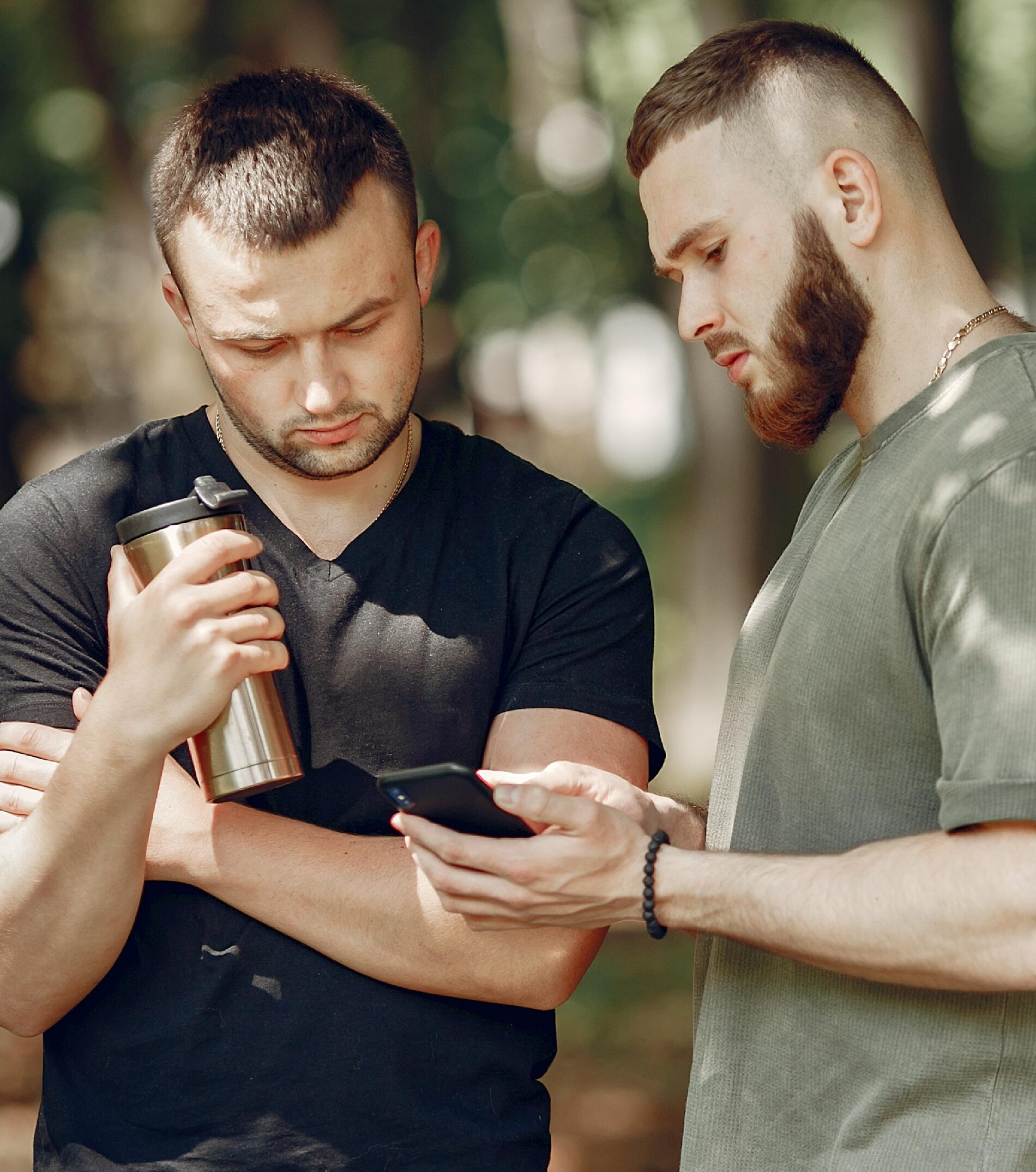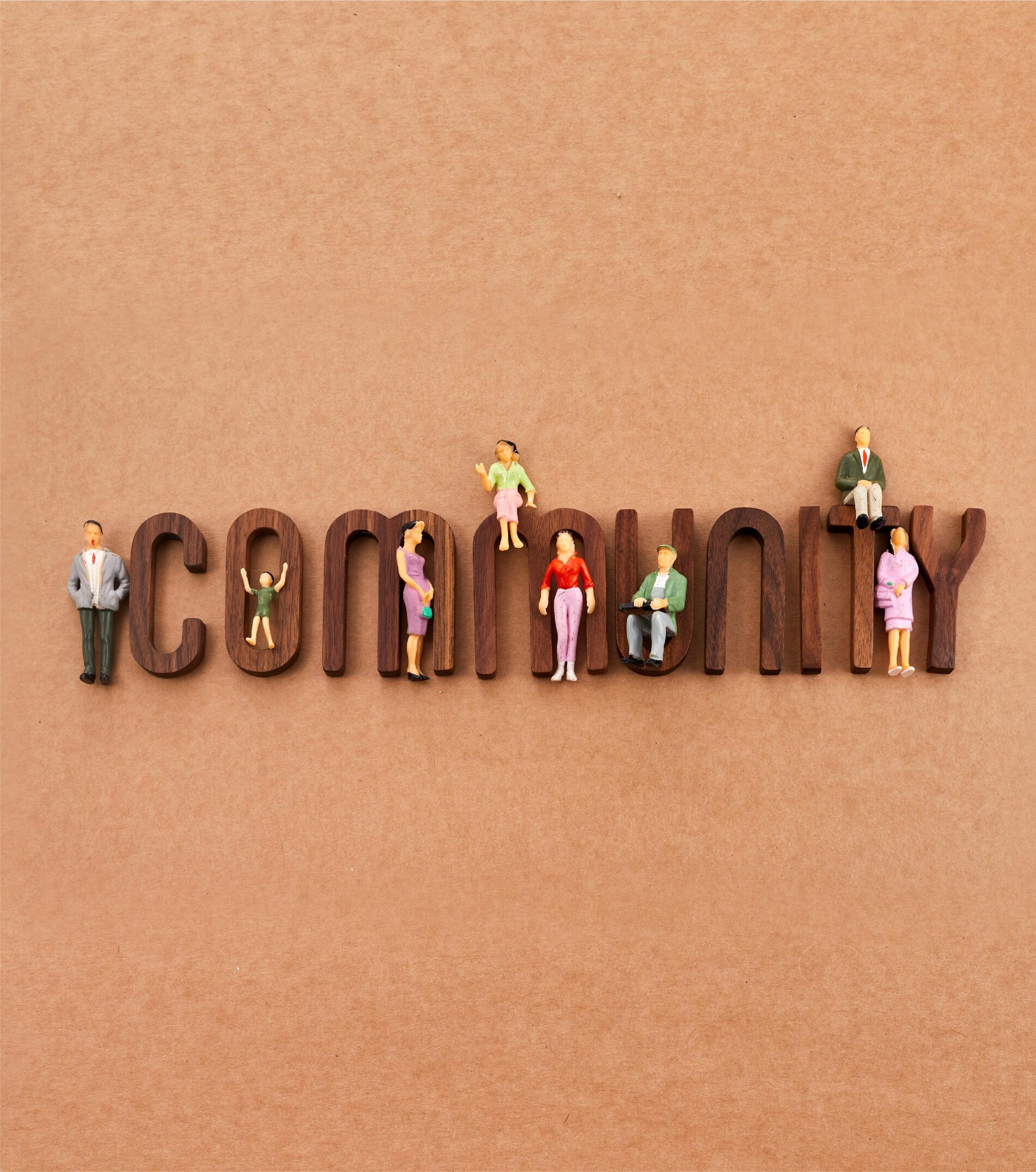
Services are available to all individuals 18 years of age or older who are in mental health crises while meeting the criteria as set forth by the Florida Mental Health Law, regardless of their ability to pay. Clients must also meet the medical clearance policy criteria. Services are offered via a multidisciplinary team of professionals dedicated to providing person-centered services that support self-determination, recovery, and resilience for those challenged with mental health disorders.
Initial assessment to assist in the psychiatric evaluation process to determine if the criteria for admission under FS 394 are met (completed at intake in Emergency Services/Access Center).
Our funding source is the Department of Children and Families managed by Central Florida Behavioral Health Network.
Eleos operates its programs and services without regard to race, color, and national origin in accordance with Title VI of the Civil Rights Act. Any person who believes she or he has been aggrieved by any unlawful discriminatory practice under Title VI may file a complaint with Eleos.
For more information on Eleos civil rights program, and the procedures to file a complaint, contact 727-362-4331, (TTY 727-362-4331); email salbert@EleosWellness.org; or visit our administrative office at 11254 58th Street North Pinellas Park, FL 33782.
A complainant may file a complaint directly with the Federal Transit Administration by filing a complaint with the Office of Civil Rights, Attention: Title VI Program Coordinator, East Building, 5th Floor-TCR, 1200 New Jersey Ave., SE, Washington, DC 20590.
If information is needed in another language, contact 727-362-4331.
*Si necesita información en otro idioma, comuníquese con 727.362.4331.
*Si w bezwen enfòmasyon nan yon lòt lang, kontakte 727.362.4331.

Services are available to all individuals under the age of 18 in mental health crises while meeting the criteria as set forth by the Florida Mental Health Law, regardless of their ability to pay. Clients must also meet the medical clearance policy criteria.
Services are offered by a multidisciplinary team of professionals dedicated to providing person-centered services that support self-determination, recovery, and resilience for those challenged with mental health disorders.
Discharge Planning begins at the time of admission. In order to ensure the integration of recovery, discharge planning is individualized and client-centered. Family and natural support involvement are crucial to successful treatment outcomes. Discharge Planning will deliberately reflect the client/family’s culture, personal characteristics, and views. The client will lead the discharge planning process.
This program is funded by the Department of Children and Families and managed by Central Florida Behavioral Health Network. Accepted insurances.


Eleos is a leader in suicide prevention, providing critical support through our dedicated hotline, serving as the primary resource for Pinellas County.
We handle around 5,000 to 7,000 calls each month, offering immediate intervention and compassionate care for those in crisis, reaffirming our commitment to mental wellness and community support.
YOUTH HOTLINE:
1-877-YOUTHLINE (1-877-968-8454)
FLORIDA SUICIDE PREVENTION COALITION
floridasuicideprevention.org
NAMI – NATIONAL ALLIANCE FOR
MENTAL ILLNESS:
nami.org, local 727-791-3434
988 Suicide & Crisis Lifeline:
988lifeline.org
AMERICAN FOUNDATION FOR SUICIDE
PREVENTION: afsp.org
BE THE ONE TO SAVE A LIFE: bethe1to.com
HEALING AFTER A LOVED ONE’S SUICIDE
(HALOS) GROUP: Contact Bonnie McClelland
Oaks (727)-394-8222
People who talk about suicide won’t
really do it.
Anyone who tries to kill him/herself
must be crazy.
If a person is determined to kill
him/herself, nothing is going to stop
them.
People who commit suicide are people
who were unwilling to seek help.
Talking about suicide may give someone
the idea to commit suicide.
Depression is situational.
Suicide is most common in minorities.
Suicide is most common in lower socioeconomic groups.
I.T.S. Time to Check on Your Buddy is our free suicide prevention campaign, offering presentations and
resources to recognize signs of distress and support those at risk. We provide on-site sessions for
groups of 10 or more. To schedule, contact info@EleosWellness.org.


The JARF is designed to provide quality, comprehensive care and assessment for youths, ages 13 through 17, who are in need of assessment and stabilization due to substance abuse impairment. Clients may come voluntarily or involuntarily via family, guardian, physician, police, or court order.
Services are offered via a multidisciplinary team of professionals dedicated to providing person-centered services that support self-determination, recovery, and resilience for those challenged with mental health disorders.
Discharge Planning begins at the time of admission. In order to ensure the integration of recovery, discharge planning is individualized and client-centered. Family and natural support involvement are crucial to successful treatment outcomes. Discharge Planning will deliberately reflect the client/family’s culture, personal characteristics, and views. The client will lead the discharge planning process.
The discharge planning process includes the following concepts:
Our funding source is the Department of Children and Families managed by Central Florida Behavioral Health Network.

Our Emergency Services Access Center offers 24/7 crisis counseling and evaluation for children and adults experiencing mental health crises. As the designated public receiving facility for Pinellas County, Eleos provides suicide risk assessments and, when necessary, facilitates psychiatric admission for crisis stabilization. No one eligible under Florida’s Baker Act is denied
care.
Our Services Include:
• Crisis Counseling
• Crisis Hotline
• Information and Referral
• Safety Contracting
• Discharge Planning:
Begins at admission with a tailored treatment plan for stabilization.
Involves active information gathering and client assessment.
Clients not meeting Baker Act criteria will be safely discharged with resources and referrals.
Clients meeting Baker Act criteria are directed to the appropriate stabilization facility, at Eleos or another community partner.

As part of the discharge planning process,
IMPACT Continuing Care assists clients to
identify additional resources that help
resolve behavioral health crises and promote
self-sufficiency. The discharge planning
process includes the following concepts:

We will come to you wherever you are; at home, school, work, or storefront. Our mobile team is available 24/7 on demand. It consists of master’s level therapists, bachelor’s level care coordinators, and social workers, as well as licensed professionals.
1. Recovery coaching
2. Family Support
3. Wellness Recovery Action Plan
4. System Navigation
5. Wellness Activities
6. Validation
Submit this form or call 727.362.4424 and we will contact you shortly
or email: mcrt@eleoswellness.org.

The Pinellas Integrated Care Alliance leads the PIC Team in supporting individuals referred by the Pinellas County Sheriff’s Office, offering services that reduce the need for emergency rooms, crisis units, and law enforcement.
Initially established to drive systemic change in behavioral healthcare, the PIC Team now operates under Eleos, providing comprehensive coordination for individuals with complex needs, following referrals and screenings by the Sheriff’s Office.

With the support of the Pinellas Integrated Care Alliance, the PIC Team provides comprehensive coordination for individuals with complex needs. Services are intended to reduce unnecessary emergency room visits, crisis stabilization unit stays, and law enforcement calls. Referrals and screenings are conducted by the Sheriff’s Office.
The primary mission of the PIC Team is to identify and address inefficiencies, barriers, gaps, and overlaps within the behavioral health system, ensuring that residents of Pinellas County have true access to seamless services. Comprising a diverse, well-educated, and highly experienced group of professionals, the PIC Team is dedicated to improving the overall system of care. They can serve up to 120 clients aged 18 and older, helping them navigate and receive the comprehensive care they need.
PIC is a prevention initiative focusing on providing clients the right service, at the right time, for the right need. The initiative provides support and wrap-around services to meet the client’s basic needs and helps to empower them to become self-sufficient.
The goal of PIC services is to provide quality care and support during a time of need. The focus is to assist the client in reducing barriers they may face, in an intensive wraparound model; to help achieve overall strengthened sustainability.
Front line direct care staff, System Coordinators, are empowered to utilize and access Pinellas County resources on a client by client basis; all services are individual in scope and reflect the uniqueness of each client and their presenting circumstances.
The service duration of Service Coordination is brief, generally up to 6 months. Linkages to community resources, services with increased community resource knowledge, and successful sustainability on behalf of the clients served.
The Client completes a self-sufficiency matrix with their System Coordinator and together develops an individualized Service Plan, identifying and prioritizing the most pressing barriers preventing the client’s stability. The System Coordinator then works collaboratively with the client and any identified support system to educate on and link to community services, resources, and supports, to alleviate the identified needs and barriers.
